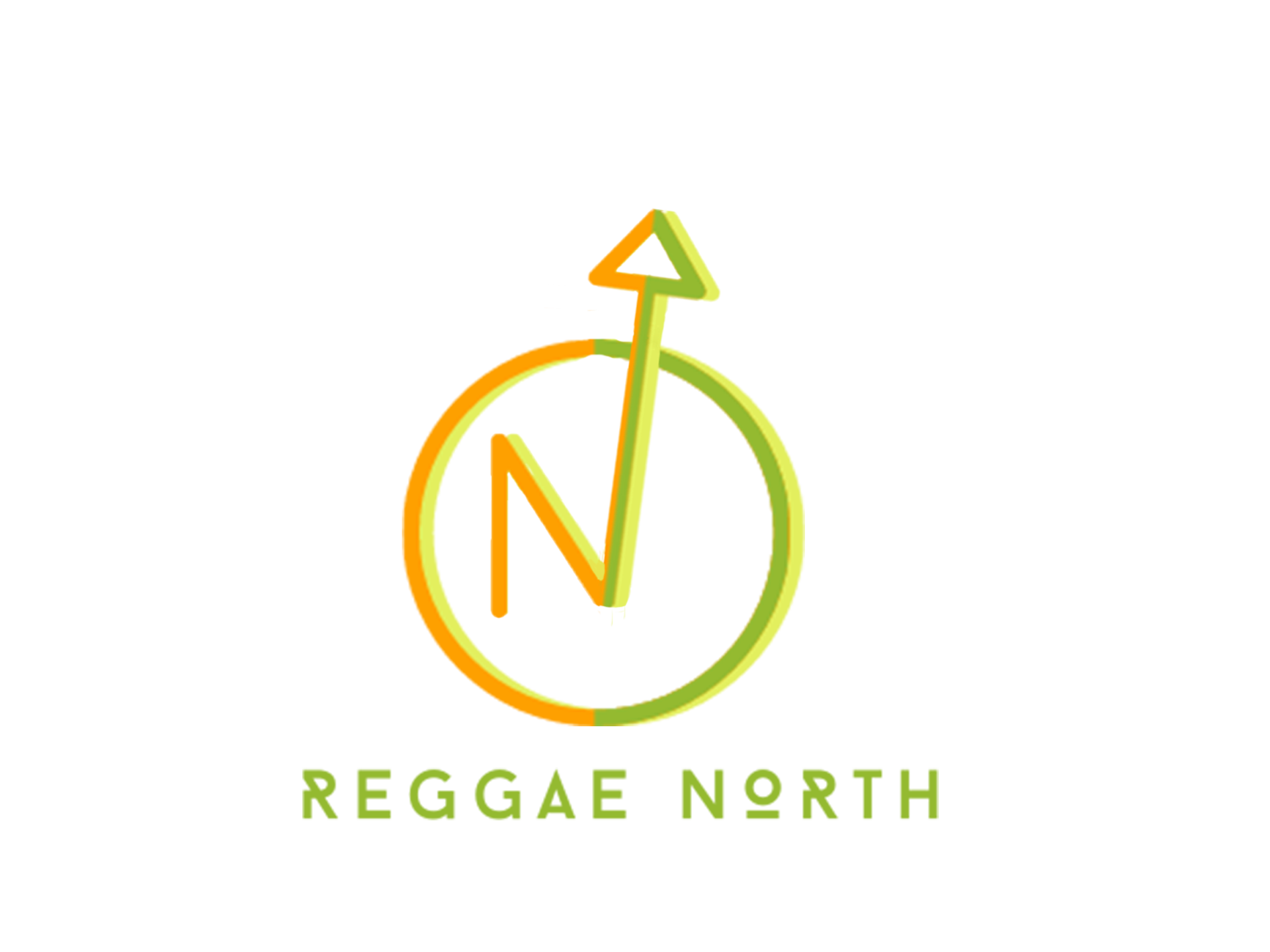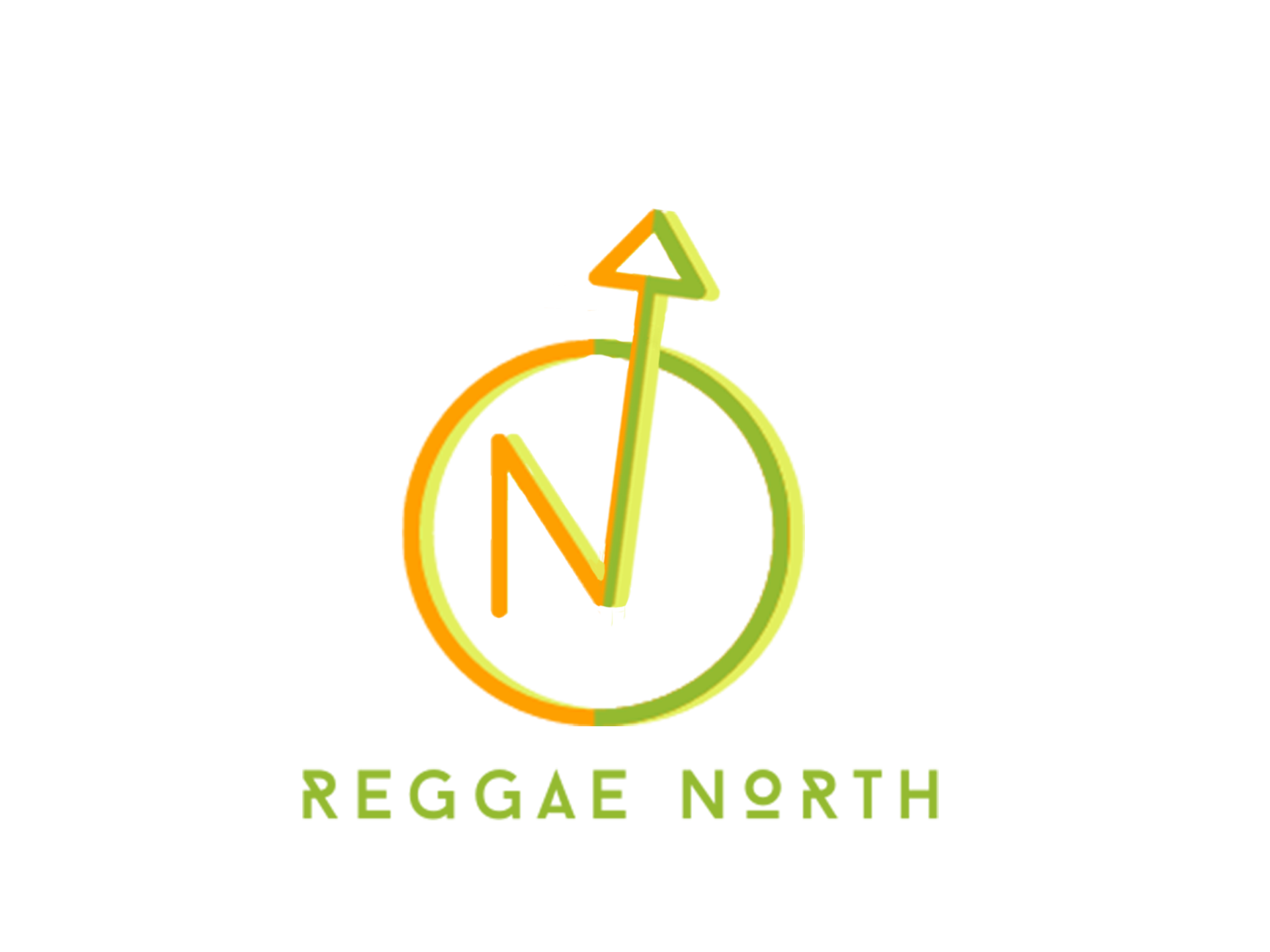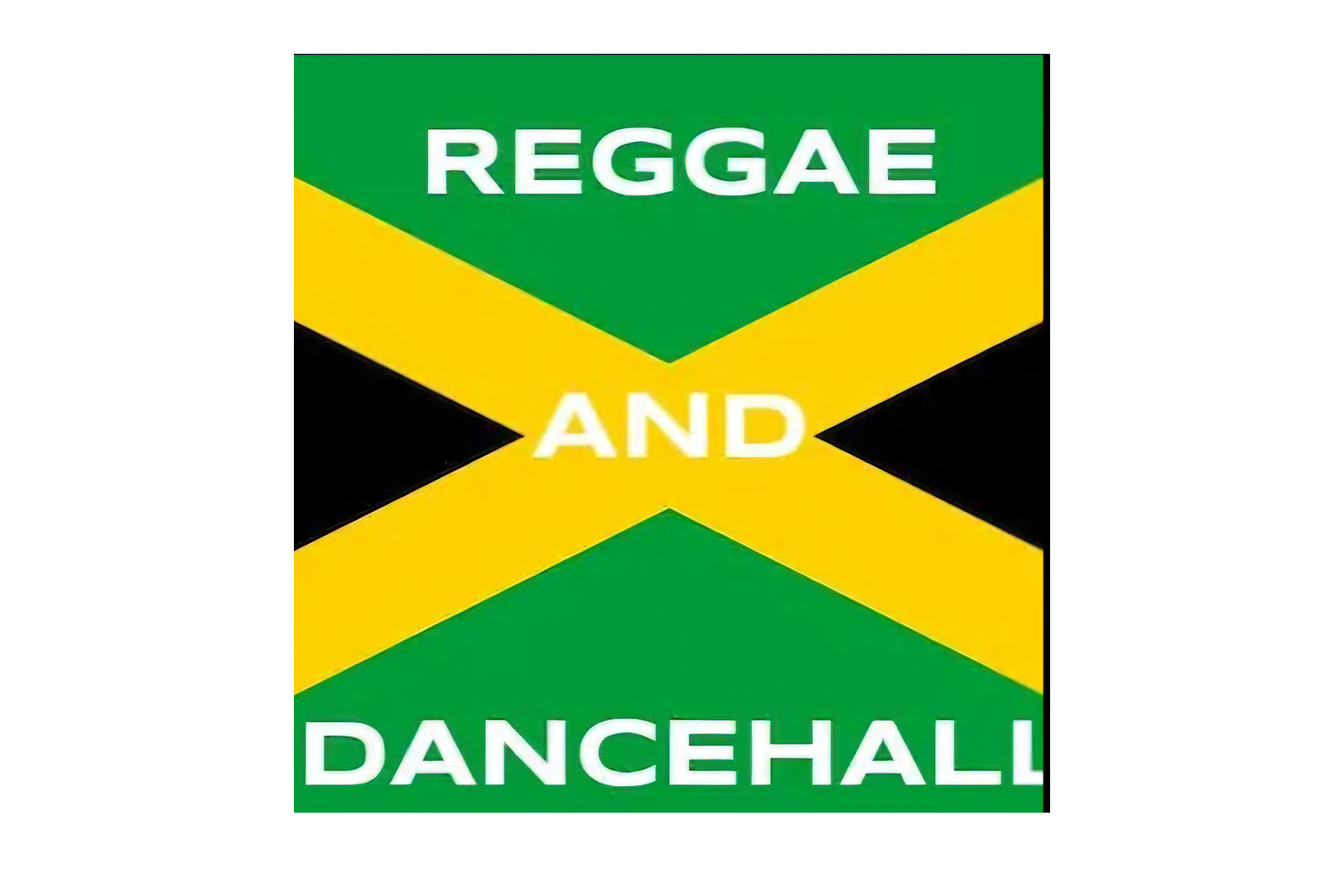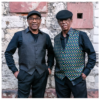Every year, when the Grammy and JUNO Awards announce their winners for Best Reggae Album, a familiar wave of frustration sweeps across the reggae and dancehall community. Jamaicans, both at home and in the diaspora, take to social media to express disappointment, questioning how certain artists or albums win while others, deeply rooted in the genre, are overlooked.
The same sentiments are echoed within the Black community when mainstream institutions fail to recognize the true essence of reggae and dancehall. But the real issue isn’t who wins these awards—it’s the fact that we, as a community, continue to wait for outside validation rather than taking control of our own narrative.
Reggae and dancehall are cultural treasures, born in the streets of Jamaica and nurtured by generations of artists who use music to tell our stories, uplift our spirits, and inspire movements. Yet, despite their undeniable influence on global music, these genres still struggle to receive the respect they deserve. Why? Because the people who create and live the culture often fail to invest in and support it at the level required for sustained success.
Other communities, such as hip-hop and Afrobeats, have shown what is possible when a culture embraces its own and builds from within. Hip-hop, once an underground movement, is now a billion-dollar industry because Black people in America took ownership—supporting artists, investing in record labels, and ensuring their music had a place in the mainstream. Similarly, Afrobeats has exploded onto the global stage, not because Western institutions decided it was worthy, but because African artists, fans, and businesspeople worked together to create an ecosystem that propelled the genre to the top.
If reggae and dancehall are to thrive on a global level, Jamaicans and Black people worldwide must actively support their own music industry. That means:
- Buying and streaming music – Instead of relying on international recognition, we must ensure our favorite reggae and dancehall artists see real financial support from their own people.
- Attending concerts and events – Supporting live shows and festivals ensures the music remains vibrant and gives artists the backing they need to grow.
- Investing in the industry – More Black-owned labels, streaming platforms, and media outlets dedicated to reggae and dancehall would reduce dependency on external institutions.
- Celebrating local and independent award shows – Instead of putting all emphasis on the Grammys or JUNOs, we must elevate platforms like the International Reggae and World Music Awards (IRAWMA), the Reggae North Music Award (RNMA) and other independent accolades that recognize true talent.
This matters because, when reggae and dancehall artists have to rely on Western award shows and corporations for recognition, they are at the mercy of people who do not fully understand or respect the culture. This results in reggae legends being snubbed, dancehall being misrepresented, and the genre being diluted. By taking control of reggae’s destiny, we ensure that the music remains authentic and that its creators are the ones reaping the benefits.
Jamaicans have long prided themselves on being trendsetters in global culture. It’s time to bring that same energy to supporting our own music industry. The future of reggae and dancehall does not lie in the hands of the Grammys or the JUNOs—it lies in the hands of the people who live and breathe the culture every day. Let’s stop waiting for validation and start building an empire of our own.








